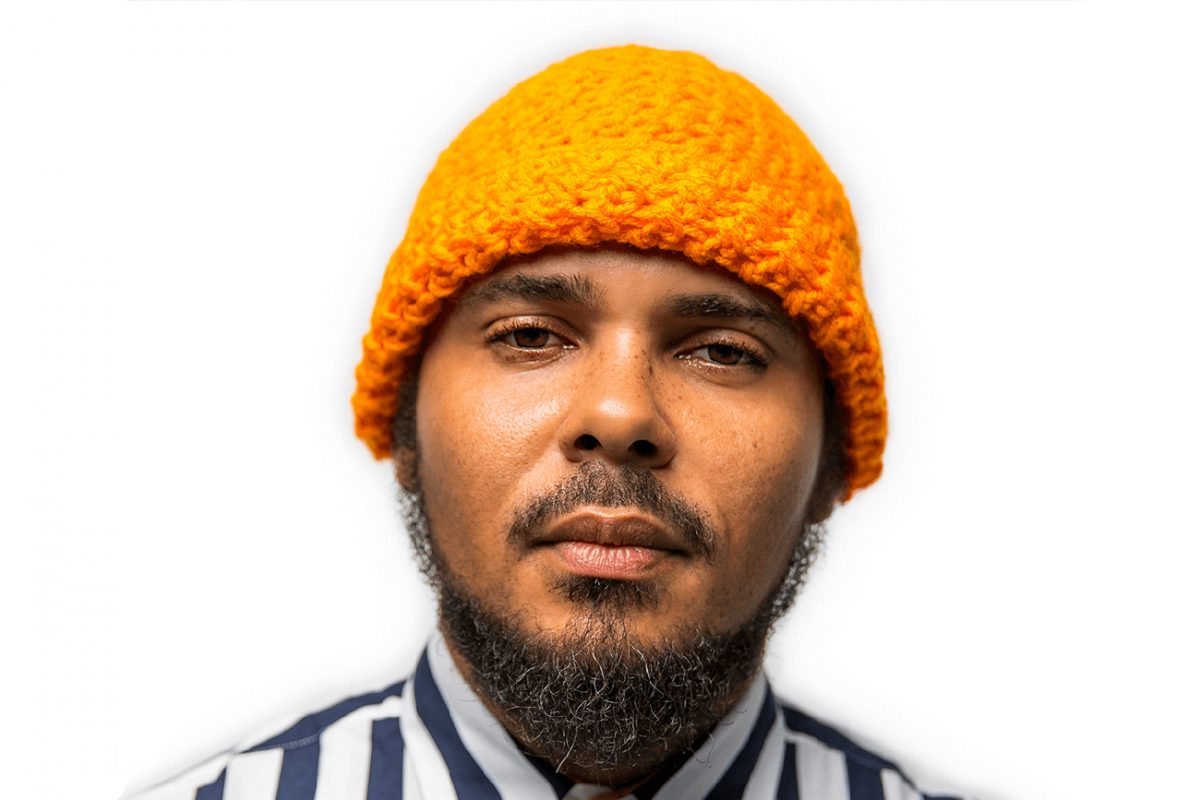Seek New Names For Reggae And Dancehall, Says Walshy Fire

Walshy Fire, the co-producer of Koffee’s hit track Toast and member of electronic dance music trio Major Lazer, is urging Jamaican artistes to seek new names for the sub-genres of music currently being produced on the island.
He joins Bounty Killer who expressed the same sentiment about Dancehall-infused Trap last year.
Speaking recently on a Kingston Creative podcast dubbed Kingston To Global Vibes , Walshy, who produced other hits like Busy Signal’s Bumaye, said many of the sounds coming out of Jamaica and being presented as Reggae and Dancehall are really not of the two genres.
“I have said it, maybe for the last two years now. I think what the guys are doing now is not Reggae. I already think that a new name is gonna come up. I am encouraging everyone to find a new name for Reggae and a new name for Dancehall, for what they are doing. And mainly because it doesn’t sound or feel the same and therefore, why bring it under the name of something if it’s sounding and feeling different?” the producer, whose given name is Leighton Paul Walsh said.
Walshy, who is originally from Molynes Road in Kingston, also argued that another reason for coining new names, is that the established genres already have ‘kings’.
“You cannot be a king if a genre already has a king. And so, Reggae artistes, you will never be bigger than Bob Marley. It will never happen. You find Bob Marley on the chart every single day, for the rest of your life…you will never, ever top that. And so, why I as a man enter something that I know I could only be second?” he said.
“There will never ever be a king of Pop; there will never ever be a king of Soul. James Brown will always be the king of Soul; Elvis will always be the king of Rock. But that doesn’t mean you don’t do Rock; that doesn’t mean you don’t do soul; that doesn’t mean you don’t do Pop. But understand that all of these genres have moved away onto other break-off genres where someone could become the king of that genre and have a space that they could call their castle,” he added.
Walshy who is the younger brother of former Jamaica and West Indies fast-bowler Courtney Walsh, said what is being presented as Reggae music nowadays, lacks the fire which undergirded the music of the 1970s and early 80s, when locally and globally, there were numerous causes for which to fight.
“First ting no fire nuh inna di music again. Yuh caan chat weh yuh did a chat even 10 years ago. Dem caan seh weed, cause dat’s legal everywhere now. You would never say anything against homosexuals now. There’s no fire again and since the music no longer has the fire and nobody is really chanting down anything anymore,” he said.
“And so once that fire is gone, and you are doing something that already has a king, your best move is to say ‘yow, I’m gonna call my movement this movement, and my sound, I’m gonna call it this sound’, and then you just work with that… The revolution stopped with Bob Marley; it stopped there. These new reggae artistes don’t really speak of revolution… they have nothing to revolt against,” he stated.
According to the Clark Atlanta and Florida A&M University graduate, in the foreseeable future, the world is “also going into a space where we are no longer going to have music as genres” but will instead be “classified by moods”.
“And when we get into that space of no genres, what does your Reggae music even mean at that point? Nobody cares that you doing Reggae. We will be going from genres to moods…Both of these things I have been saying for maybe two years now. So I see other people taking it up, and I see that the ideas and the concepts are gaining traction,” he explained.
“I think we are going into a space where I think the genres will be completely gone. Thirty, forty years from now, somebody will be saying” ‘you know they used to call that music reggae, but now they call it joy; now they call it happy…,” he said.
He added: “Most artistes don’t want you to pin them to a genre. They don’t want to be boxed in. So what is going to happen is that this music is going to have babies, and that music is going to have babies and in 20 to 30 years, you are going to end up with mood classifications. A song will be a little Hip Hop, a little Reggae a little Jazz and it will just fit the mood.”
Walshy narrowed down the global change in music to the blending of cultures in huge cities such as London and New York, which has resulted in the surfacing of not easily-labeled genres, to the assimilation of various cultures.
“There was a time when you wore you culture; when you were an easily identifiable person. When you saw a Jamaican get on a train, you know seh a yard man. Him mesh marina, him Clarks. The kids don’t dress like that. The Reggae kids and Dancehall kids, they don’t wear Clarks. They wear sneakers. They are into sneaker culture… Now I go to Jamaica and everybody is dressed just like the kids in New York, and just like anybody in London. Everyone is dressed the same globally,” he explained.
